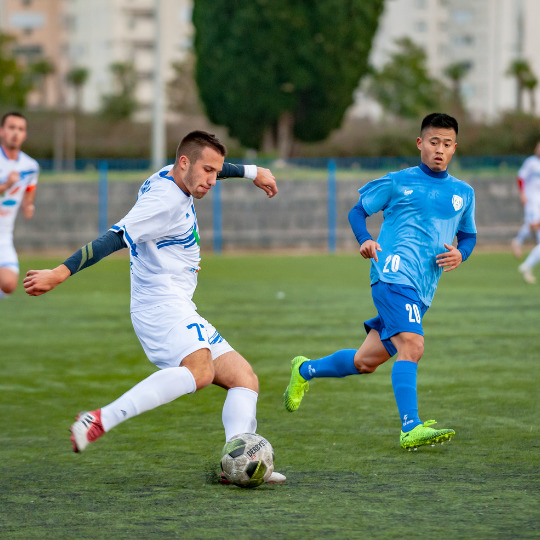When we follow the world of football, it’s common to see news of footballer’s salary arrears, and they end up suffering serious losses. In many cases, players go months without receiving any money from their employers. This scenario becomes even worse when the player plays for a club in another country.
In this case, what can be done?
First of all, it’s important to understand that FIFA, as football’s international governing body, has a set of rules governing labor contracts between players and clubs. This is the Regulation on The Status and Transfer of Players (RSTP)(click here to find out more).
Generally, in situations where the player is from one country and the club he works for is from another (international dimension), we will apply the provisions of the RSTP.
According to the RSTP, every labor contract must be respected and must only be terminated at the end of its term or by mutual agreement between the parties (art. 13). So there’s no argument: the club is obliged to pay the player’s wages ON TIME. Otherwise, the organisation could suffer consequences. Let’s see:
Late payment of wages
If a club delays paying wages for more than 30 days, it can be (a) warned, (b) penalised with a fine or (c) even face a ban on registering new players for a period of 1 or 2 transfer windows (the famous transfer ban).
However, according to article 12 of the RSTP, in order to be able to penalise the club, it must be formally notified to pay the overdue amount within 10 days and then fail to do so.
Termination for Just Cause
If the club delays the payment of at least 2 months’ wages (or the equivalent of 2 salaries), the player will have just cause to terminate his employment contract.
For just cause to exist, the player must formally notify the club to pay the overdue amount within 15 days(art. 14bis).
If the club fails to make the payment after this period, the player is entitled to terminate the contract.

Consequences
If the contract is terminated for just cause, the player will be entitled to financial compensation.
According to article 17 of the RSTP, this compensation must take into account, among other factors, the remuneration and other benefits due to the player, the time remaining until the end of the contract and some other specifics.
If the player does not sign a contract following termination, as a general rule, the financial compensation will be equivalent to the residual value of the terminated contract. In other words, the club will have to pay the amount in arrears plus all the rest of the contract value it would have had to pay if the player had fully complied with that employment contract.
If the player has signed a contract with another club during the period of the just cause decision, the compensation will be reduced (the amount to be received will be deducted from the value of the new contract, according to the remaining period). In this case, the player can still receive additional compensation of 3 to 6 salaries (never exceeding the residual value of the terminated contract).
What to do?
Despite understanding the system, in practice, protecting players’ rights requires extreme care. There are many times when a player fails to comply with the necessary rules, which ends up leading to disastrous liability, which means having to pay compensation to the club in the event of termination WITHOUT cause.
With this in mind, I’ve listed below 3 key points that must be observed both when signing the employment contract and when executing it, especially in situations of wage arrears.
1) Read the employment contract carefully
It may seem obvious, but unfortunately there are situations in which players don’t even know exactly what they’re signing. Details such as the duration of the contract; amounts and method of payment of remuneration; consequences of early termination; applicable laws, place of dispute resolution etc. are EXTREMELY important.
2) Keep a file of interactions with the club
Documents are evidence. And evidence is a player’s greatest ally in proving his case. So document any and all communication with the club, such as payment receipts, text message conversations and emails, etc.
3) Find a lawyer
Each contract is unique. Unique in its clauses, negotiations and conditions. Success in collecting overdue wages (and/or possible termination for cause) depends on a careful analysis and action that minimises the risks for the athlete. For this, the advice of a specialised lawyer is the best alternative.
To find out more about athletes’ rights, follow our posts.

